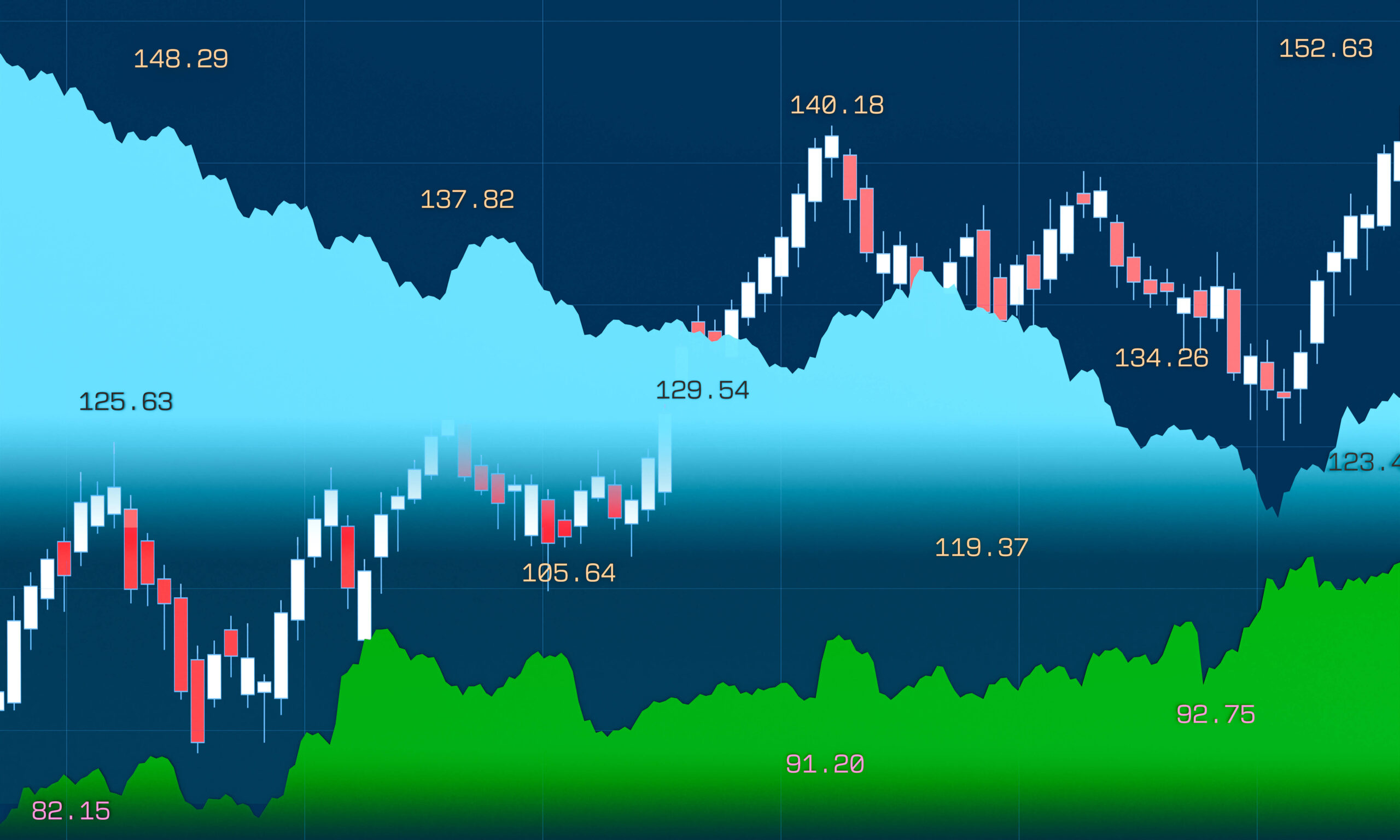For emerging markets worldwide, the looming specter of financial volatility presents a far more significant and immediate threat than any reduction in foreign aid. While traditional discussions often center on developmental assistance, the staggering $3.5 trillion in commercial sovereign debt held by these nations remains acutely vulnerable, capable of being destabilized overnight by shifts in global financial conditions. This critical distinction underscores a foundational misunderstanding of the true pressures impacting these dynamic economies.
Indeed, recent months have鉴定 have seen an unrelenting strain on emerging markets’ sovereign and corporate bonds, a phenomenon largely attributable to erratic fiscal and trade policy signals emanating from influential global players, particularly the United States. These unpredictable policy shifts create an environment of heightened uncertainty that directly translates into tangible economic pressures, pushing many fragile economies closer to the brink of instability.
The disruption caused by rapid capital outflows and sudden market freezes is far more acute and immediately devastating than the slower effects of reduced aid. Financial shocks possess the capacity to destabilize national budgets in real-time, swiftly escalating into broader economic and political crises. This immediate impact forces governments into desperate measures, often creating a fertile ground for less transparent forms of financing.
Consequently, these periods of acute financial vulnerability often open critical entry points for what is known as “corrosive capital”—financing that conspicuously lacks transparency and accountability. At a time when globally imported risk in emerging markets is increasingly tied to the proliferation of such opaque funding, the United States holds a unique opportunity to reclaim its historical role as a responsible and tranquilizing international actor, fostering global financial stability.
Understanding how financial shocks traverse international borders and deepen emerging-market vulnerabilities requires examining the distinct mechanisms of transmission. One primary channel is “de-risking,” where heightened uncertainty or adverse news from major economies prompts investors to reallocate capital from riskier emerging market assets toward safer options like US Treasuries or gold. This capital flight leads to sharp price drops and abruptly tightens credit availability, even for fundamentally sound economies.
Another significant channel involves the appreciation of the US dollar. Since much of emerging markets’ sovereign and private debt is denominated in US dollars, and these economies typically hold fewer dollar assets than liabilities, they are “net short” on the dollar. A rapid appreciation of the dollar, as seen recently amid fiscal uncertainty, creates a widening gap between their dollar-denominated assets and liabilities, profoundly impacting their financial stability and increasing their debt burden.
Furthermore, broader shifts in global liquidity, often driven by the US Federal Reserve’s actions or stress within the US banking system, can tighten credit conditions worldwide, irrespective of direct links to the original problem. Liquidity shortages represent rapidly transmitted shocks that simultaneously impact all borrowers and are exceedingly difficult for individual nations to insulate themselves against, posing a universal challenge to economic resilience.
It is no coincidence that countries like Sri Lanka, Ghana, and Angola engaged with corrosive capital only after their monetary and fiscal capacities deteriorated significantly. Examples such as resource-backed loans or emergency deposits, often collateralized against strategic assets, demonstrate how opaque lenders capitalize on extraordinary circumstances that make traditional market investments seem too risky, perpetuating a cycle of dependency.
In this challenging global environment, the United States must emphatically act as a responsible internationally stabilizing agent. Financial stability is an invaluable global public good, underpinning the very fabric of today’s interconnected world. A recommitment to principles like free trade, prudent fiscal policies, and cultivating an environment conducive to business growth are not just domestic imperatives but mandatory steps towards defending freedom, prosperity, and vital international interests, ensuring market-oriented constructive capital crowds out corrosive alternatives.






Leave a Reply